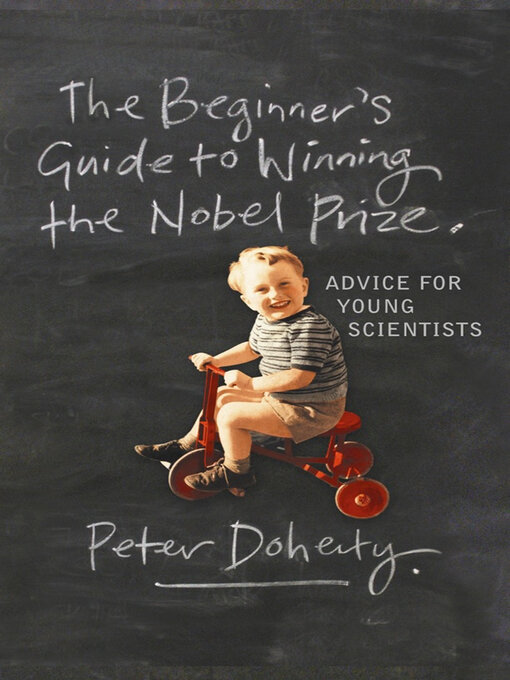The Nobel Prize-winning medical researcher recounts his unlikely career journey in a memoir that “opens the vault to the world of science” (Nature).
Beginning with his humble origins in Australia, Peter Doherty tells how he developed an interest in immunology and describes his award-winning, influential work with Rolf Zinkernagel on T-cells and the nature of immune defense. In prose that is both amusing and astute, Doherty reveals how his nonconformist upbringing and search for different perspectives have shaped his life and work.Doherty offers an insider's look at the life of a research scientist. He lucidly explains his own scientific work and how research projects are selected, funded, and organized; the major problems science is trying to solve; and the rewards and pitfalls of a career in scientific research. He also explores the stories of past Nobel winners and considers some of the crucial scientific debates of our time, including the safety of genetically modified foods and the tensions between science and religion. He concludes with some "tips" on how to win a Nobel Prize, including advice on being persistent, generous, and culturally aware.


